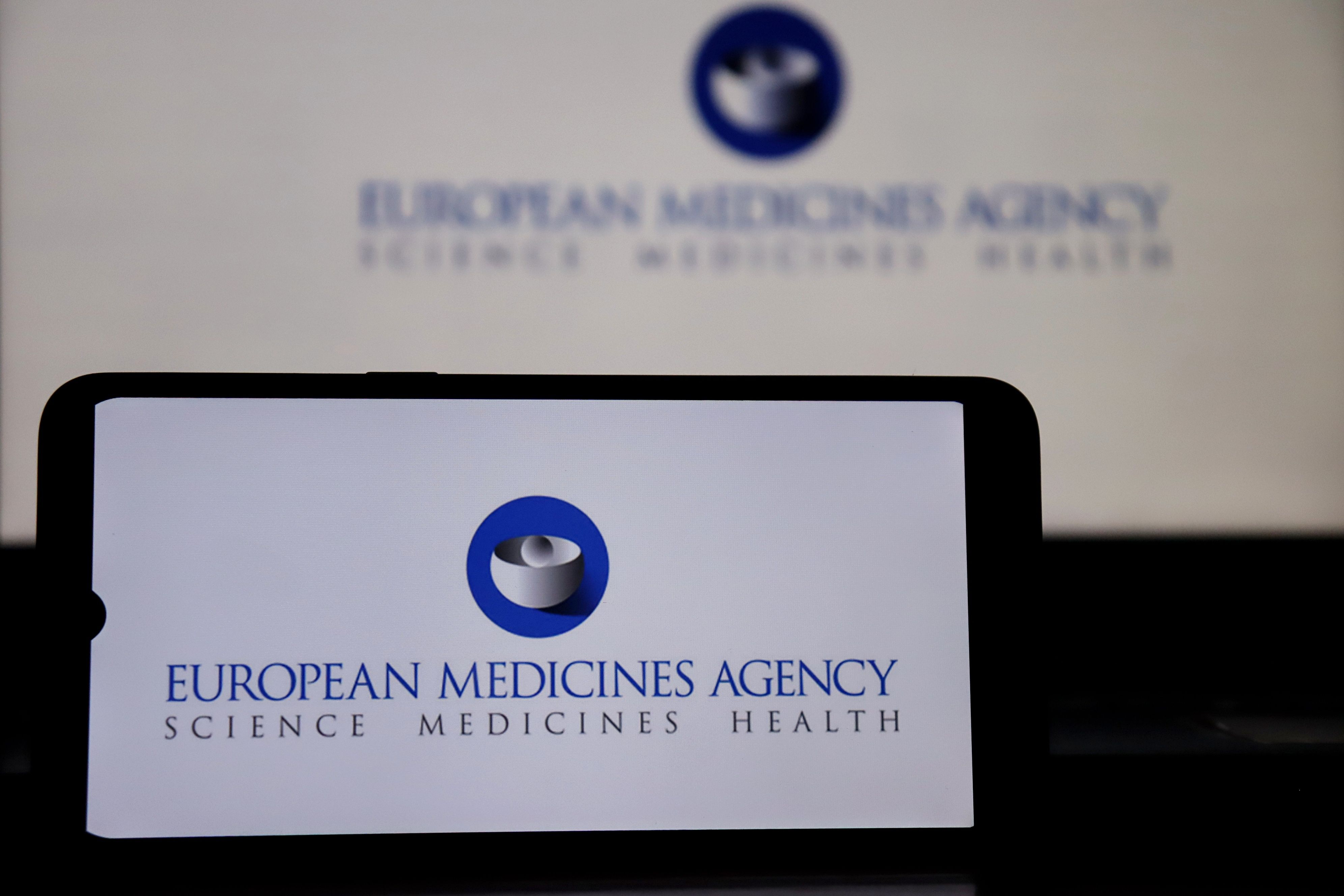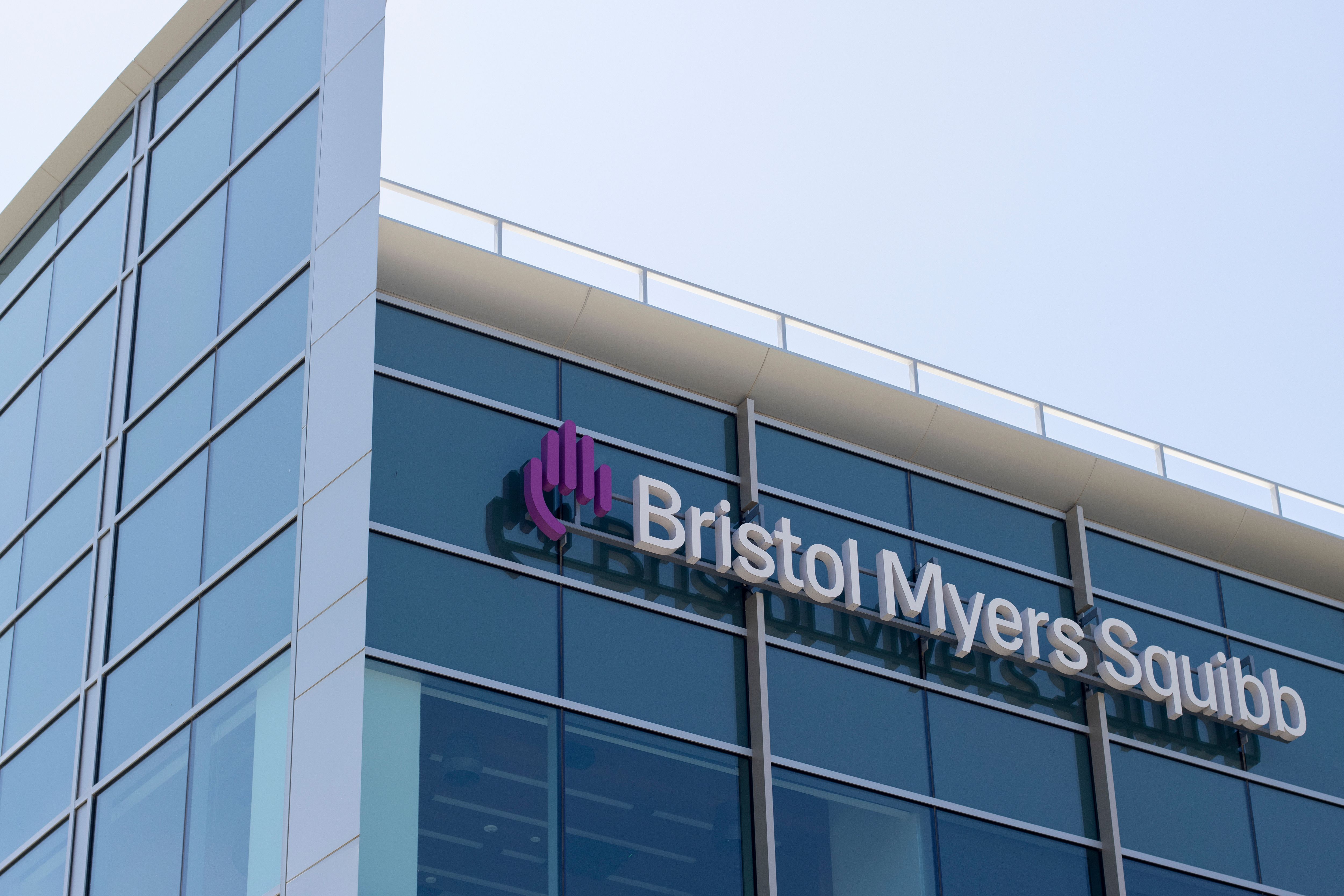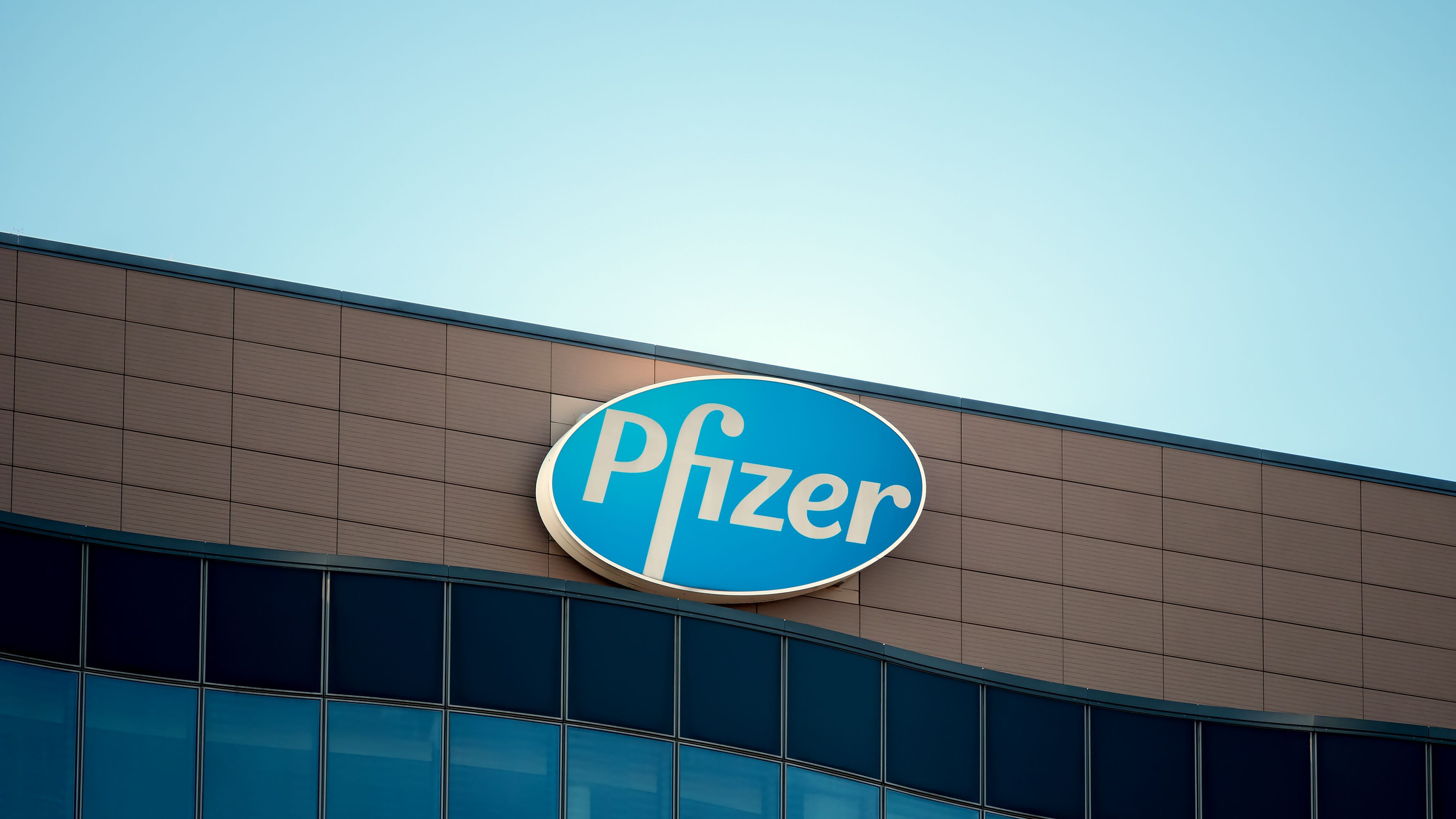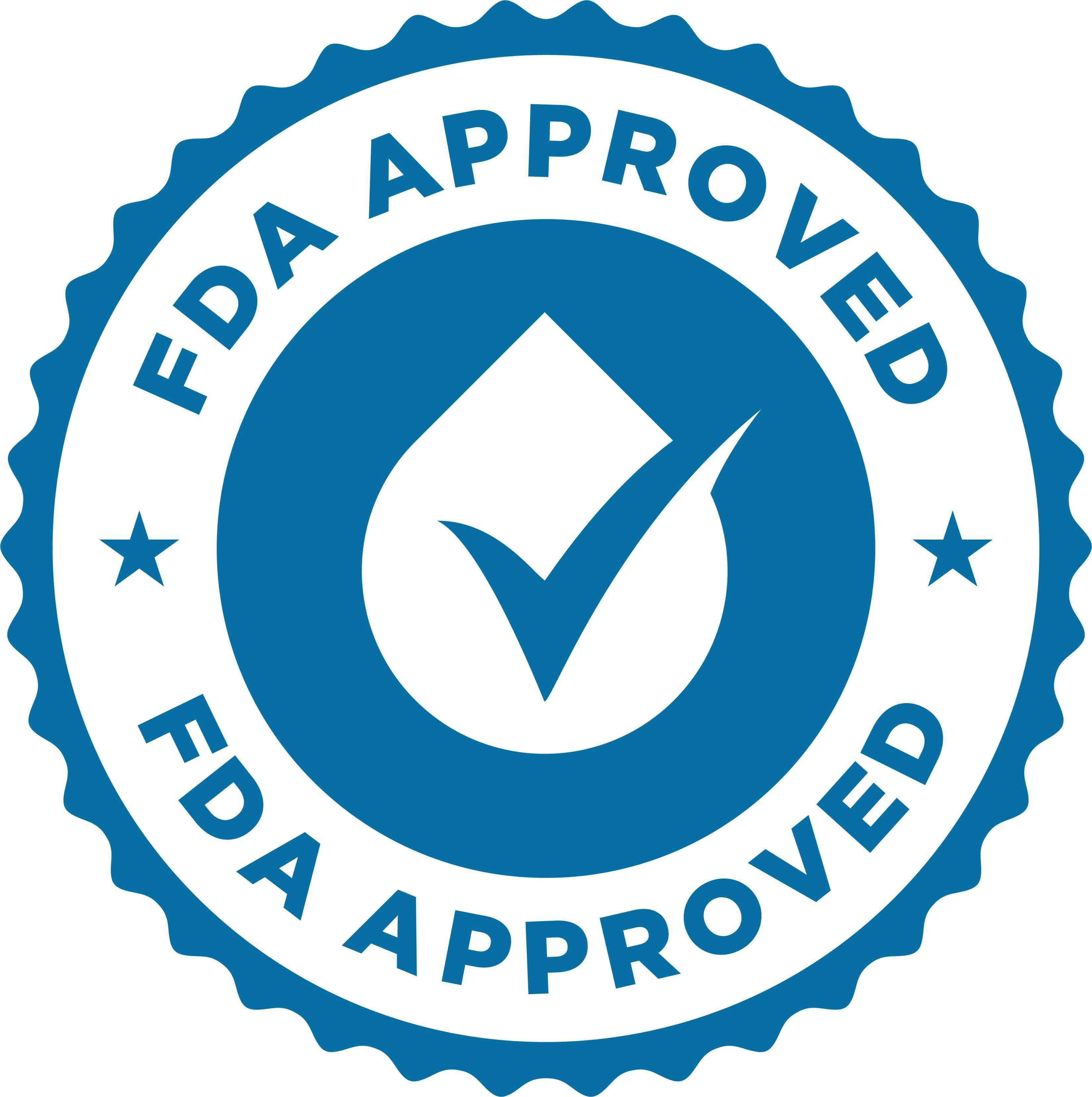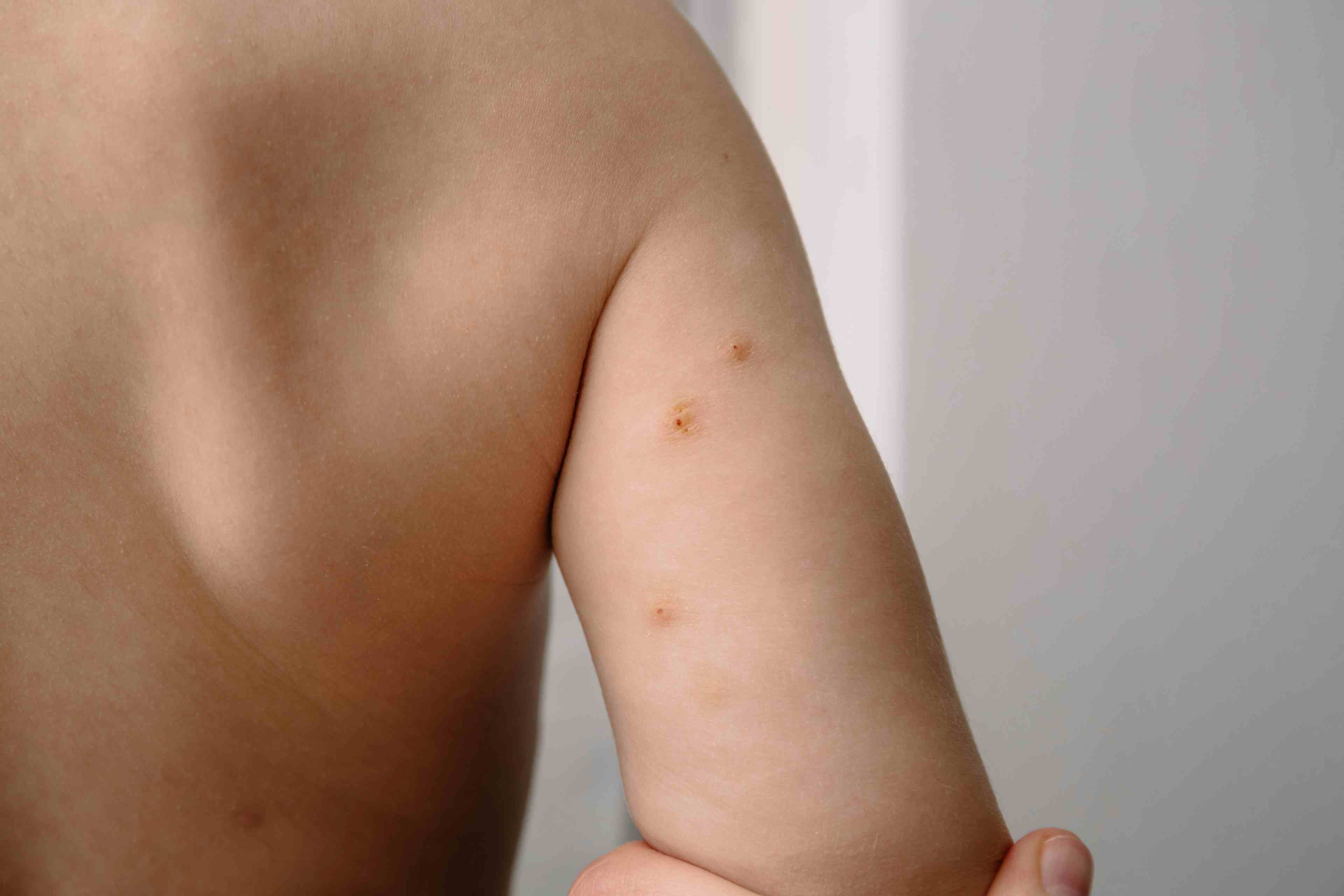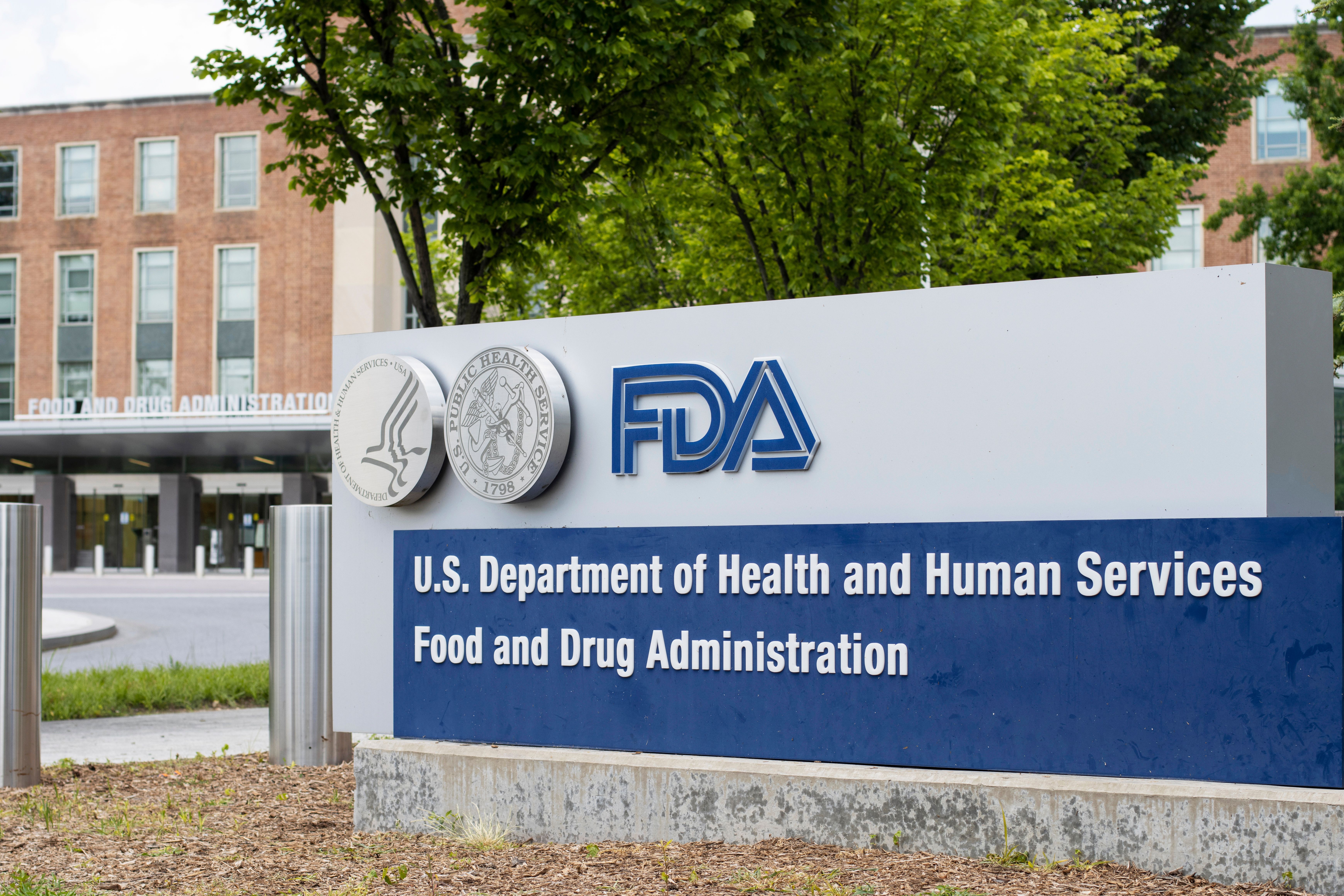- Acne
- Actinic Keratosis
- Aesthetics
- Alopecia
- Atopic Dermatitis
- Buy-and-Bill
- COVID-19
- Case-Based Roundtable
- Chronic Hand Eczema
- Chronic Spontaneous Urticaria
- Drug Watch
- Eczema
- General Dermatology
- Hidradenitis Suppurativa
- Melasma
- NP and PA
- Pediatric Dermatology
- Pigmentary Disorders
- Practice Management
- Precision Medicine and Biologics
- Prurigo Nodularis
- Psoriasis
- Psoriatic Arthritis
- Rare Disease
- Rosacea
- Skin Cancer
- Vitiligo
- Wound Care
Article
Ritlecitinib and Nivolumab Receive Positive CHMP Opinions
Author(s):
Both therapies for alopecia areata and completely resected stage IIB/C melanoma could be approved by the EC for patients aged 12 years or older.
The Committee for Medicinal Products for Human Use (CHMP) of the European Medicines Agency recently announced its recommended approval of nivolumab (Opdivo; Bristol Myers Squibb) as a monotherapy for the adjuvant treatment of adults and adolescents aged 12 years or older with completely resected stage IIB/C melanoma1, as well as its recommended approval of ritlecitinib (Litfulo; Pfizer) for the treatment of patients aged 12 years and older with severe alopecia areata.2 Both Bristol Myers Squibb and Pfizer are expecting approvals within the coming months as the European Commission (EC) reviews the CHMP recommendations.
Nivolumab for Resected Melanoma
If approved by the EC, Bristol Myers Squibb’s nivolumab would become the only PD-1 inhibitor that is indicated as an adjuvant treatment for patients within stages IIB, IIC, III, as well as stage IV resected melanoma. In 2018, based on data from the CheckMate –238 trial, nivolumab was approved by the EC for the adjuvant treatment of adult patients with melanoma with involvement of lymph nodes or metastatic disease who have undergone complete resection.
The positive CHMP opinion of nivolumab for completely resected melanoma is based on safety and efficacy data from the phase 3 CheckMate -76K trial, in which, with a minimum follow-up of 7.8 months, nivolumab reduced the risk of recurrence or death by 58% versus placebo (hazard ratio 0.42; 95% CI 0.30-0.59; p < 0.0001). The US Food and Drug Administration (FDA) is expected to make an approval decision on nivolumab for completely resected stage IIB/C melanoma on October 13, 2023.
Ritlecitinib for Severe Alopecia Areata
Pfizer’s once dailyritlecitinib50mg for patients aged 12 years or older with severe alopecia has also earned a positive CHMP opinion. If approved, ritlecitinib would become the only treatment approved by the EC to treat severe alopecia areata in patients as young as 12. The Marketing Authorization Application (MAA) for ritlecitinib was based on results from a randomized, placebo-controlled, double-blind ALLEGRO phase 2b/3 study (NCT03732807) evaluating the efficacy and safety of ritlecitinib in patients aged 12 years or older with alopecia areata.
Ritlecitinib was approved by the FDA in June 2023 and is also the first and only treatment cleared for adolescents with severe alopecia areata in the US. During the ALLEGRO phase 2b/3 trial, after 6 months, 23% of patients treated with ritlecitinib had 80% or more scalp hair coverage (SALT ≤20) compared to 1.6% of the placebo group.
References
- Bristol Myers Squibb receives positive CHMP opinion recommending approval for Opdivo (nivolumab) as an adjuvant treatment for patients with completely resected stage IIB or IIC melanoma. Bristol Myers Squibb. July 21, 2023. Accessed July 24, 2023. https://news.bms.com/news/corporate-financial/2023/Bristol-Myers-Squibb-Receives-Positive-CHMP-Opinion-Recommending-Approval-for-Opdivo-nivolumab-as-an-Adjuvant-Treatment-for-Patients-with-Completely-Resected-Stage-IIB-or-IIC-Melanoma/default.aspx
- Pfizer receives positive CHMP opinion for alopecia areata treatment. Pfizer. July 21, 2023. Accessed July 24, 2023. https://www.pfizer.com/news/announcements/pfizer-receives-positive-chmp-opinion-alopecia-areata-treatment
Newsletter
Like what you’re reading? Subscribe to Dermatology Times for weekly updates on therapies, innovations, and real-world practice tips.

